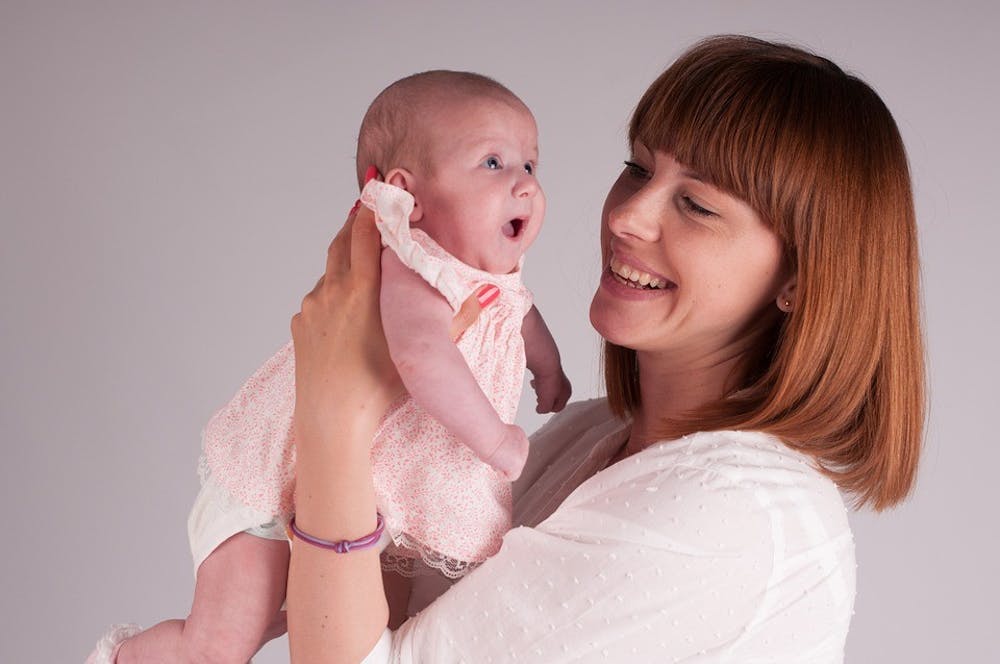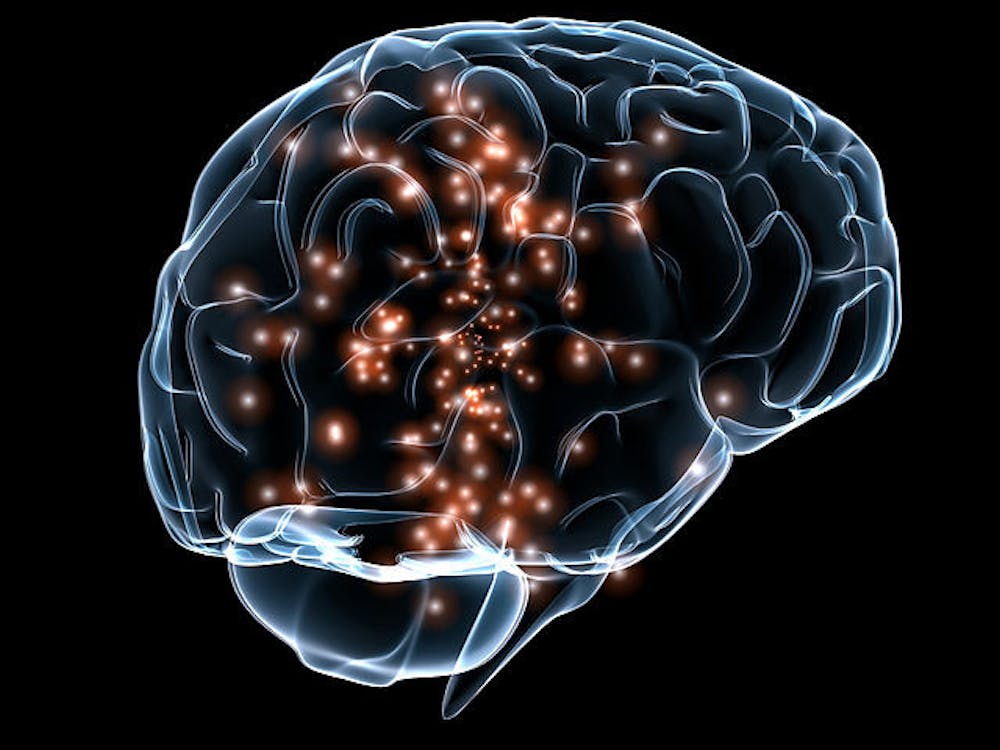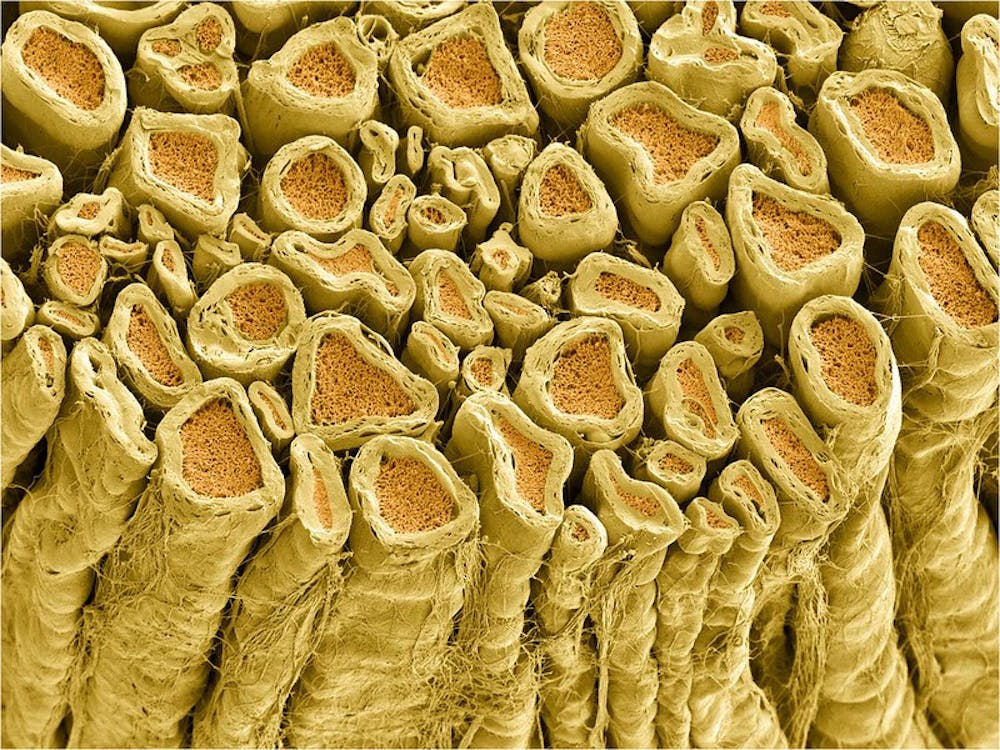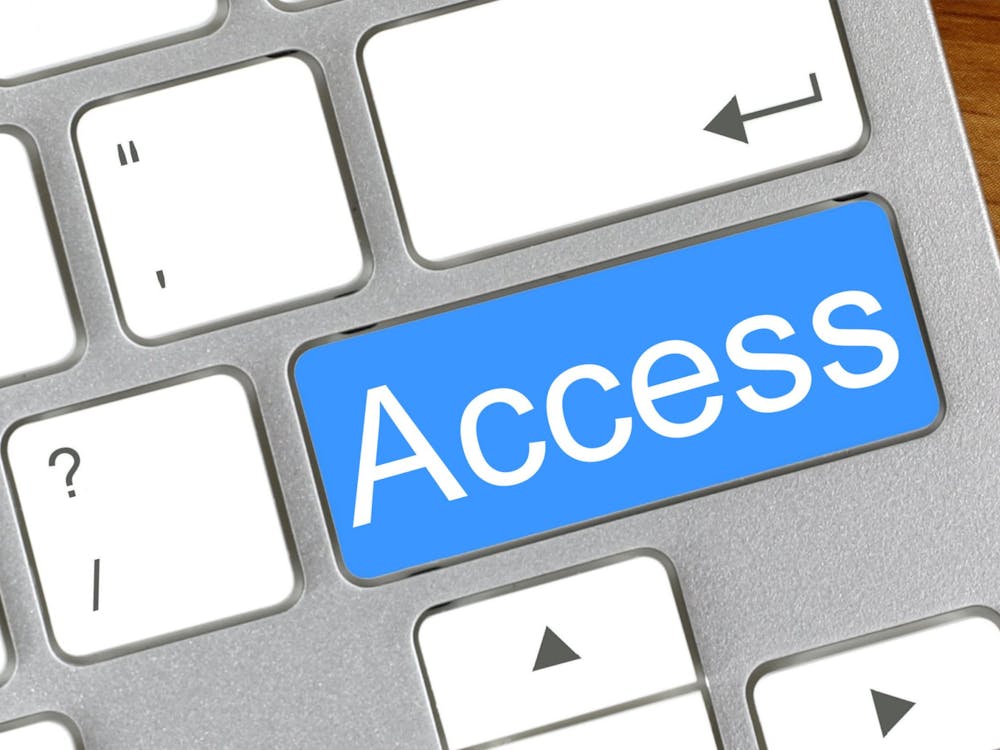Among the many interesting health fads to surface or resurface in the 21st century, women eating their own placentas has been regarded as one of the most bizarre.
Proponents of placenta-eating vehemently claim it has the ability to reduce the effects of postpartum pain and depression, as well as improve energy levels.
However, a new review by doctors and researchers at Weill Cornell Medicine, a medical school at Cornell University, and published in the American Journal of Obstetrics & Gynecology concludes that human placentophagy (ingestion of placenta) can actually do more harm than good.
The placenta is an organ formed in a pregnant woman’s uterus upon conception. It connects the mother to the fetus and serves as the fetus’ source of nutrition as well as its respiratory and gastrointestinal system.
Placentophagy is also common practice among female animals postpartum.
It has been shown to increase the threshold of pain in nursing dogs and mice and promote healthy interaction between the mother and her newborns.
Human placentophagy, specifically, has been practiced by several cultures throughout history but modern medicine views it as an archaic practice.
Recently modern human placentophagy gained some popularity in the United States when American actress January Jones claimed that eating her own placenta is the reason she was able to get back on set for the TV series Mad Men just six weeks after giving birth.
“It’s something I was very hesitant about, but we’re the only mammals who don’t ingest our own placentas,” Jones said in an interview with People Magazine. “It’s not witch-crafty or anything! I suggest it to all moms!”
Kim Kardashian West has also sent her placenta to one of the companies that recently sprung up with the influx of placenta-eaters. These companies charge hundreds to make customized pills out of a mother’s placenta.
West tweeted about her experience eating placenta as a way to encourage people to download her new app for more information on the trend.
Movie stars and celebrities have been promoting placentophagy through their influential social media accounts — but what do doctors and policy-makers say?
It turns out that most of them are unsure about the real health impacts of placentophagy. There have been some studies on placenta-eating, but they found no solid evidence that it helps with postpartum healing.
The positive effects of placentophagy discovered in dogs and mice were not found to be the case with humans.
All of the studies that did report benefits of human placentophagy relied on subjective methods open to the placebo effect and survey bias. And yet there has not been any reported cases of placentophagy causing problems.
That is, until this past June, when a woman in Oregon transferred a dangerous disease to her newborn from taking placenta pills. Days after the baby was born, it suddenly began having breathing problems and was found to be infected with group B Streptococcus agalactiae (GBS) bacteria.
GBS was then detected in the placenta pills the mother had been taking. Consuming the pills had increased the bacteria in the mother’s body, thus making it much more likely for her to pass the disease on to her baby.
Other published risks include blood clotting issues due to high estrogen levels and possible accumulation of environmental toxins.
Scientific analysis of its contents have shown that placenta does contain various vitamins, minerals and other nutrients but not any that cannot be obtained through a healthy diet devoid of placenta.
So despite all the positive press from social media stars and the like, from a scientific perspective, placentophagy may not be such a good idea after all.
















Please note All comments are eligible for publication in The News-Letter.